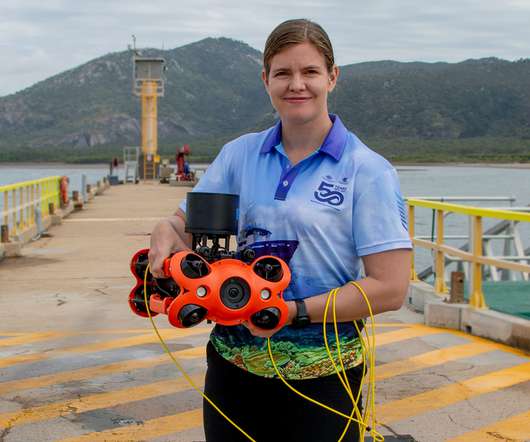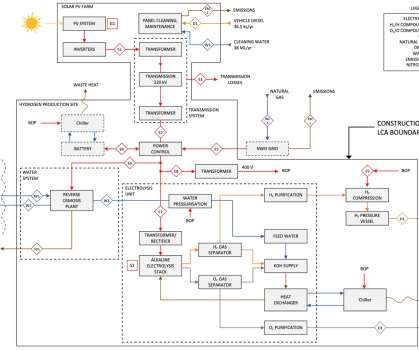First Qantas US-Australia biofuel flight; Carinata feedstock, Honeywell process
Green Car Congress
JANUARY 30, 2018
Qantas made the world’s first dedicated biofuel flight between the United States and Australia, Qantas QF96 from Los Angeles to Melbourne (a Boeing Dreamliner 787-9), over the weekend. The 15-hour trans-Pacific flight operated with approximately 24,000 kg of 10% biofuel blend, saving 18,000 kg in carbon emissions.




























Let's personalize your content